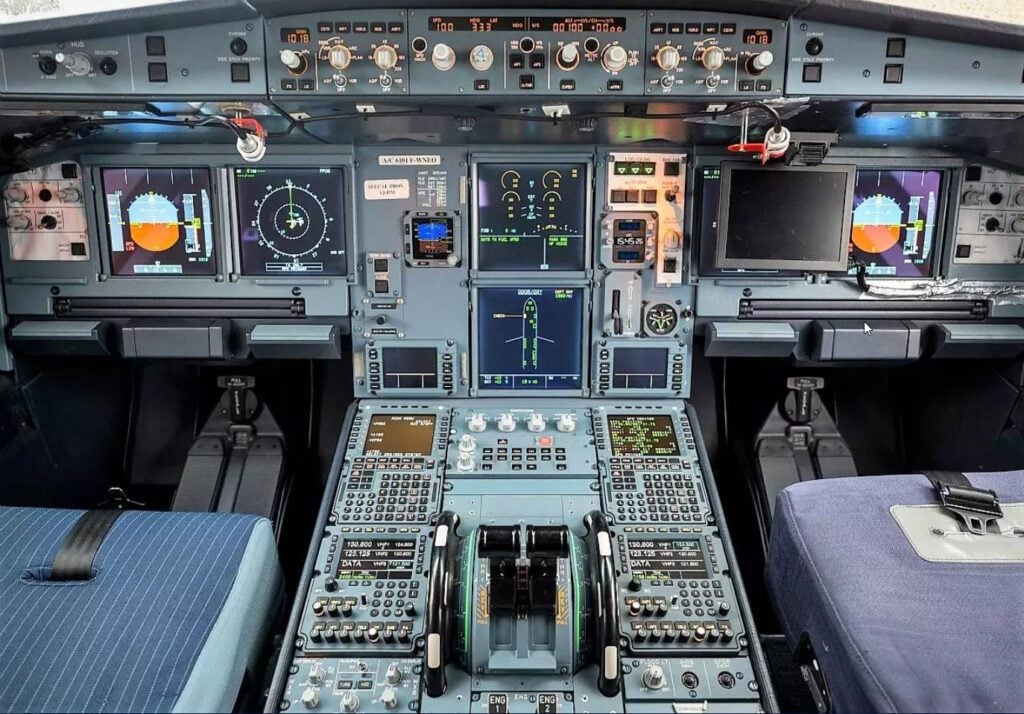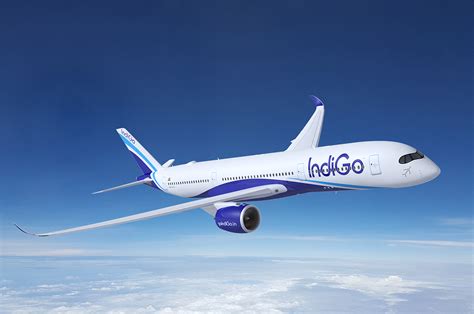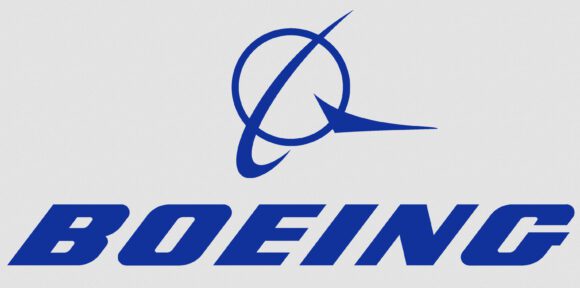
A320 flighdeck
Airbus got two pieces of good news today.
- AerCap Holdings signed lease agreements for six new A320neo Family aircraft with a new customer, Azerbaijan Airlines. The deal includes three A320neos and three A321neos, scheduled for delivery in 2026.
- Airbus announced that Cebu Pacific had placed a firm order for 70 Airbus A321neo aircraft, finalizing a Memorandum of Understanding (MoU) announced by the carrier in July.
Even though the duopoly remains unstable, the market keeps moving. It’s slower than it wants to be, but it’s moving.
The news shows the apparent industry’s unquenchable demand for the A321. Given airport slot limits and pilot pools, larger single-aisles are the way to go. A growing customer base is advantageous, considering these relationships will last two decades. The support contracts will be lucrative.
A key Airbus advantage is its common cockpit philosophy. At a recent briefing, Airbus explained how pilots see a standard flight deck on the A320. It has the same “look” as the original, but Airbus has updated everything behind the dashboard. The famous “Pentium update” issue was fixed long ago. The five computers that manage the aircraft are updated, but crucially, Airbus updates software, enabling these computers to do more.
Consider, for example, how much computer power has grown from the original A320 to the current A350. A pilot flying an A320 can quickly transition from the A320 to the A350. Such a move might be unusual; transitioning from the A320 to A321 occurs all the time. The process is easy, with low training costs. And considering the pilot pool within an airline, keeping training costs low is attractive. Keeping the systems and interface consistent with the same logic helps pilots, especially in emergencies.
This is why Cebu Pacific is considering the longer-range version of the A321neo. It’s just easier to stay with what you know. Switching OEMs is not something to undertake lightly. In 2015, we had a post on pilot training that warned about pilots relying too much on automation. We had another post in 2022 discussing Evidence-Based Training. Pilots, like many professions, require continuous training.
Given the job’s complexity, even with automation, making tasks easy to comprehend (especially in emergencies) is essential. After all, pilots have muscle memory, and the proper reaction is vital. This means winning even small deals like the Azerbaijan Airlines order comes with an attractive set of circumstances.
Views: 37




